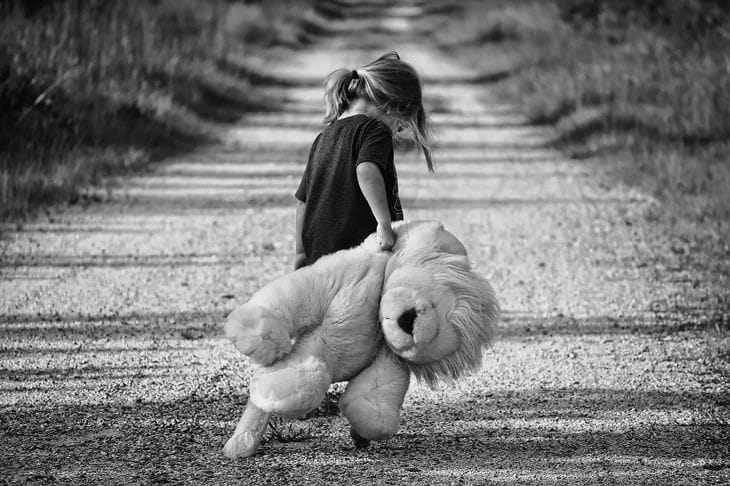"A polite child" is a concept that different people put completely different meanings into. Just like the concept of "upbringing", many people understand "well-mannered" subjectively, in different ways.
One’s own children are, of course, often polite and well-mannered, but other people’s children – if they show the appropriate signs – are assessed as “a mistake of nature” or the result of “pedagogical neglect.”
We have written more than once that one must evaluate certain events very carefully and cautiously, and in general it is desirable to exclude such a habit in one's own adult behavior, not to give a destructive example of actions (and words) to one's child. And yet it is quite possible to raise a polite child, says psychologist Andrey Kashkarov .

The topic is very deep, but we will touch on two or three significant points.
To raise a polite son or daughter, you need to understand what politeness is, so first of all, answer this question for yourself.
Delicacy as a special St. Petersburg trait is characteristic of some people, but it cannot be said that the situation is the same in every house and yard.
Politeness also has such a semantic quality as courtesy. And since the concept of politeness (and other concepts) differ (despite the fact that children of the same age study according to approximately the same educational programs), therefore, the educational process and its result are different.
There are people who confuse God and religion, and there are those who perceive formal signs of politeness (for example, the habit of apologizing for any reason, even before asking the interlocutor a question) as the main ones, while in fact, through “external politeness” they can cause significant “impolite” suffering to other people, without even suspecting it.
In order to separate the wheat from the chaff and instill in adults a conscious concept of correct politeness, special cultural training is needed, which is systematically lacking anywhere.
The child sees the behavior of adults, perceives it as an example and acquires incorrect and formal experience of so-called “polite” behavior; then in his adult life everything is repeated from the beginning.
Thus, the problem of educating politeness is directly connected with the problems of personal and communicative culture, and it has the same critical features as society as a whole.
So, to raise a polite child, you have to be an impeccably polite person yourself, as a daily example.
In second place in terms of influencing factors is “acculturization,” that is, knowledge of those sources, including books, that provide relevant examples in the text or in another visual form – in the art of cinema and theater. And if books and other arts are a “reflection of real time” (otherwise, according to publishers, these works would allegedly not be bought), then children are brought up on those sources that actually exist, and are perplexed if parental behavior or the actions of peers go beyond the framework of such imperfect examples that are instilled.
Another important factor is raising children in the light of the culture of resolving conflicts using the example of correct and polite scientific discussion (i.e., a dispute accepted among people who treat each other with respect). However, to have this knowledge, one must at least have similar experience of communication in the relevant circles.
Without these components, the education of a cultured and polite person is impossible, and what we have today resembles only a palliative, partly corresponding to a polite society in formal terms.
In view of the conditions and reality considered, there is nothing surprising here. Because it is not enough to tell the child "be polite", "say "thank you" and "please" and even "can I leave the table?", "sit up straight and don't interrupt adults".
At first, the child will behave this way out of fear of upsetting you or getting punished. But as he grows older, the behavior will change, and you will become increasingly angry. All this is formal education.
And true politeness is based on consideration for other people, including children, the desire to learn more about them and their interests, cooperation for the common good and truth, and not social competition for benefits. Tell me, how many examples of true politeness do you see today?
